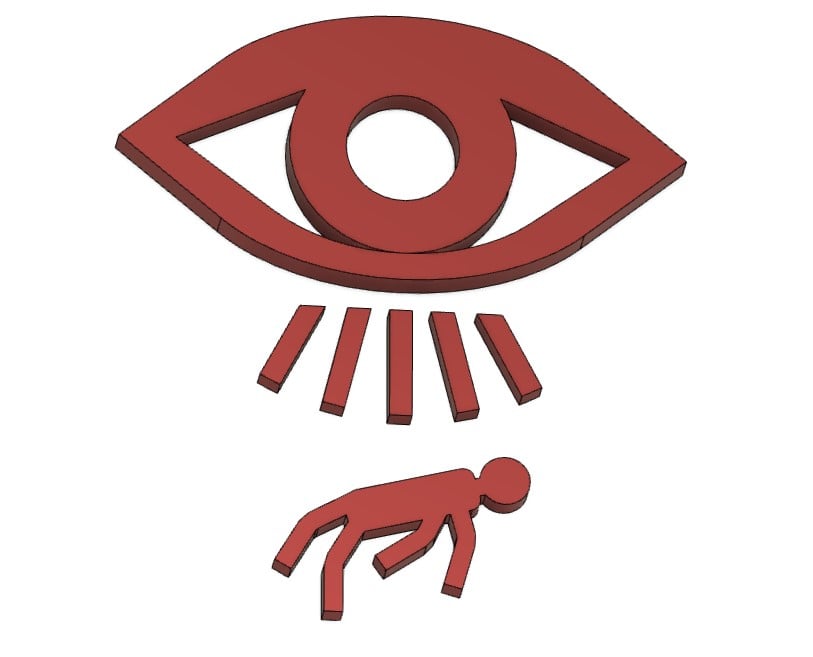You would probably get a feeling of déjà vu.
You would probably get a feeling of déjà vu.
Probably something like the Jeremy Bearimy.
You would probably get a feeling of déjà vu.
Well, I imagine rule 3 of time travel will apply.
- Don’t change the outcome of WWII.
- Don’t kill your grandfather.
- Don’t have sex with your self from another point in your personal timeline.
- Don’t add yourself into background scenes on the Death Star in Star Wars.
- Don’t step on butterflies in the Lower Cretaceous period.
I’ve been downvoted by someone who wants to have sex with their time-clone! Or possibly a kinky Lower Cretaceous butterfly.
I think that, due to the nature of chaos and the butterfly effect, any time travel at all would change the future. Unless it was just closing a time loop that was already present in the current past (which would mean any attempt to alter history would fail because that attempt is already a part of history), or if it’s possible to create new branches in time.
So these rules are either unnecessary because any time travel automatically causes changes that, it’s not possible to change the past from the past, or it’s not possible to go back to our past, thus nothing you do will affect our present.
Perhaps that’s where we get the Mandela Effect.
What size is the membrane separating one point in time from another? If the membrane is the size of the observable universe we wouldn’t see a difference. If it’s the size of your living room you’d be fucked because your living room only exists at any given point in space time for a very very short time.
Probably like that one episode of doctor who where all of history was happening at once but with all of the stuff in the knot
Just like the first time over and over.
Space and time or inseparable, and we are inseparable from space and time.
Which is saying, if time is a knot we are part of that or knot, just like everything else and would have no idea that we are in it.
You don’t think if time bent on itself you might be able to see events from before or after happening out of sequence around you?
Physics seems to be very protective of causality. We don’t know the underlying mechanism, but it pops up in multiple areas of physics. The speed of light being the most blatant example.
We can see events happening, apparently put of sequence. What we can’t do is interfere with them.
Maybe if it bent around me in particular. I watched an interesting sci-fi movie that was on a similar concept of temporal bubbles.
But I forget the name.
https://en.m.wikipedia.org/wiki/Recurrent_laryngeal_nerve
You already are a knot!
But what if you witnessed your knot while a knot?
Spacetime (you can’t talk about time only) or at least its substrate does get in knots, best we can tell. We call them fundimental particles. String theory/membrane theory are still very much theoretical physics right now, however, so it could be completely wrong.
The other alternative is a closed timelike curve. According to relativity, there are valid solutions that create such a curve. Theoretically, you could fly into one, traverse it, and exit before you entered at the start. This does require several black holes, moving at stupid speeds, orbiting each other, however. It’s also theoretical. While the equations allow it, we know they are incomplete. Physics seems to have blocks on anything that can mess with causality. It’s likely something, currently unknown, kicks in to stop the closed timelike curve from forming.
It would be a long hard time.
I doubt the term “time tangled in knots” is sufficiently well-defined for any reasonable answer. At least in terms of real-world physics.
If you’re talking about scifi technobabble time tied in knots, my answer is “Looper.”
True! It is intentionally insufficiently defined to inspire and encourage imaginative replies!








